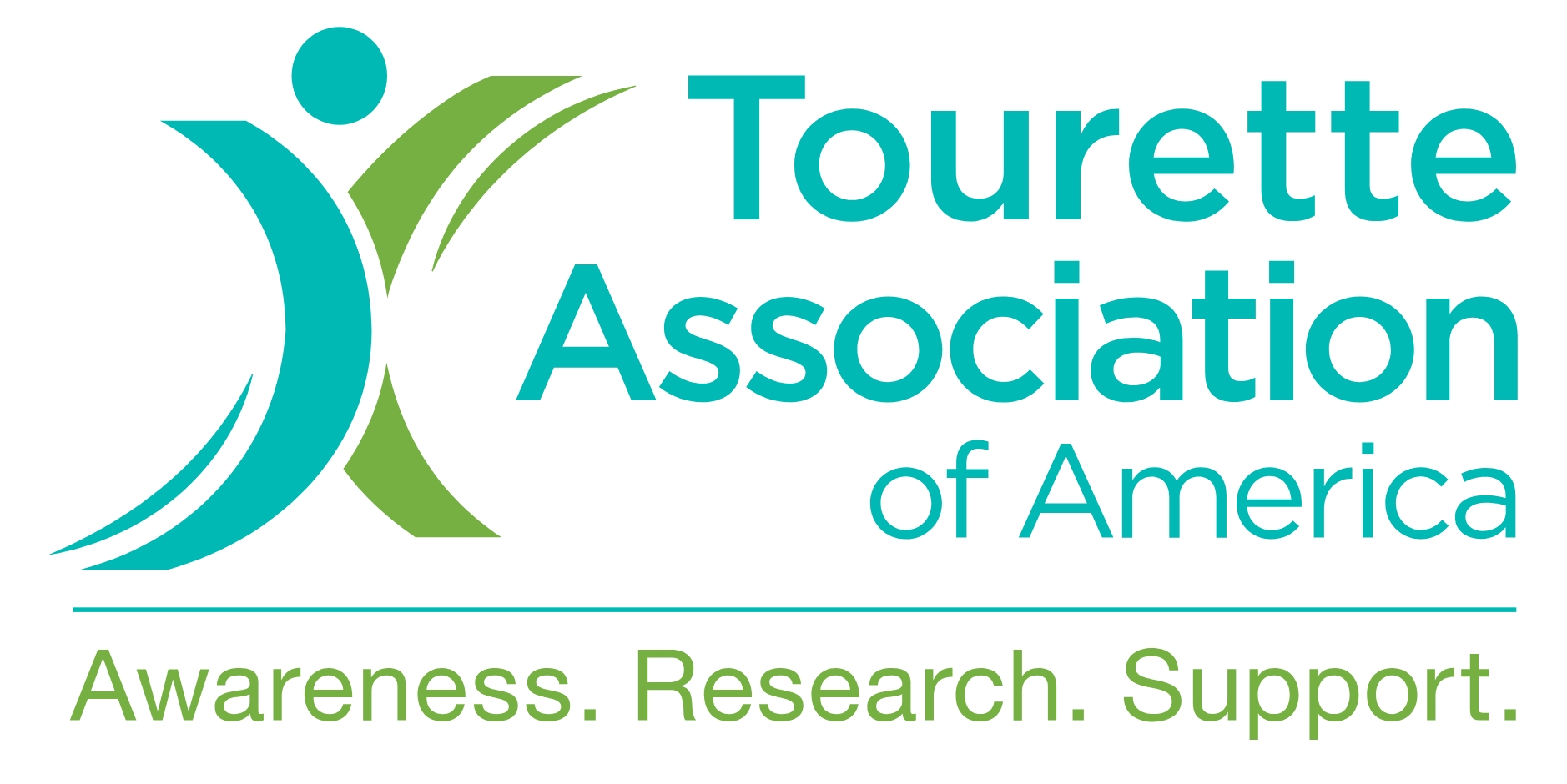At a glance
- There are many misbeliefs about Tourette syndrome (or Tourette for short) that make life harder for people with the condition.
- Learning the facts can help people with Tourette feel supported by their community.

What is Tourette syndrome?
Tourette syndrome (or Tourette for short) is a condition that affects the brain and nerves, causing people to make repeated movements and sounds, also known as motor and vocal tics, that they cannot control. The symptoms usually begin in childhood, can vary from mild to severe, and change over time. Tourette can cause problems for children's physical, mental, and emotional well-being. Education can help reduce negative beliefs about Tourette, improve access to health care, ensure a timely diagnosis, and ultimately help children with Tourette lead healthy and productive lives.
Five things to know about Tourette

Probably the most common misbelief about Tourette, often seen on TV and in movies, is that people with the condition blurt out obscenities or curse words. The reality is that most people with Tourette do not excessively or uncontrollably use inappropriate language. Known as coprolalia, this only affects about 1 in 10 people with Tourette. Coprolalia is a complex tic that is difficult to control or suppress and people who have this tic often feel embarrassed by it.
Tics—making sounds (vocal tics) or movements (motor tics) that are difficult to control or suppress—are a part of having Tourette, but there is more to the story. Having a tic is complicated. A person can have tics ranging from simple, temporary tics lasting a few weeks or months, to having many complex tics that are long-lasting. Tics can also range from mild and hardly noticeable to severe and disabling. To have Tourette means that a person has at least two different motor tics and at least one vocal tic and has had tics for over a year.
Having a tic is hard to control. The motor and vocal tics of Tourette are involuntary, meaning that people do not do the tic on purpose. While the exact cause of tics is still not known, many people compare the feeling of having a tic to having an itch or having to sneeze. You may try to stop the feeling, but eventually you will probably scratch or sneeze and you will feel a little better until the urge comes back. When people try to hold back their tics, it can cause stress, and the tic may become worse.
It is true that some people with Tourette have difficulties throughout their lives. It is also true that many people with Tourette are very successful. They are often high achievers and find that their tics can become less severe or go away when they are concentrating on a task at hand. Many people also have fewer tics as they grow up. There are people with Tourette who are successful in all walks of life, and they work in many areas, including the arts, medicine, sports, and other professions.
CDC works with researchers to expand our knowledge of Tourette, how it affects people's lives, and how we can advance public health efforts to improve the lives and health of people living with Tourette. CDC also works with the Tourette Association of America (TAA) to provide health information and education programs about Tourette, so that people with the condition can get the best available treatment and support.
What CDC is doing
Increasing awareness and understanding
- CDC partners with the Tourette Association of America (TAA) to provide health education and training to healthcare providers, educators, families, and youth about Tourette. TAA's Youth Ambassador Program and Rising Leaders Program provides training and support for teens and young adults to advocate for and talk about Tourette and tic disorders in their community.
Sharing information on the best evidence
- CDC supports TAA to create toolkits for healthcare providers and individuals and families to improve their knowledge and skills. Access the tool kits.
Improving access to quality care
- CDC supports TAA in providing education and outreach about Comprehensive Behavioral Intervention for Tics, which is a behavioral treatment that helps many people manage their tic symptoms.
- National Institute of Neurological Disorders and Stroke | NIH. Tourette Syndrome. Available at: https://www.ninds.nih.gov/health-information/disorders/tourette-syndrome. Accessed on March 28, 2025.



